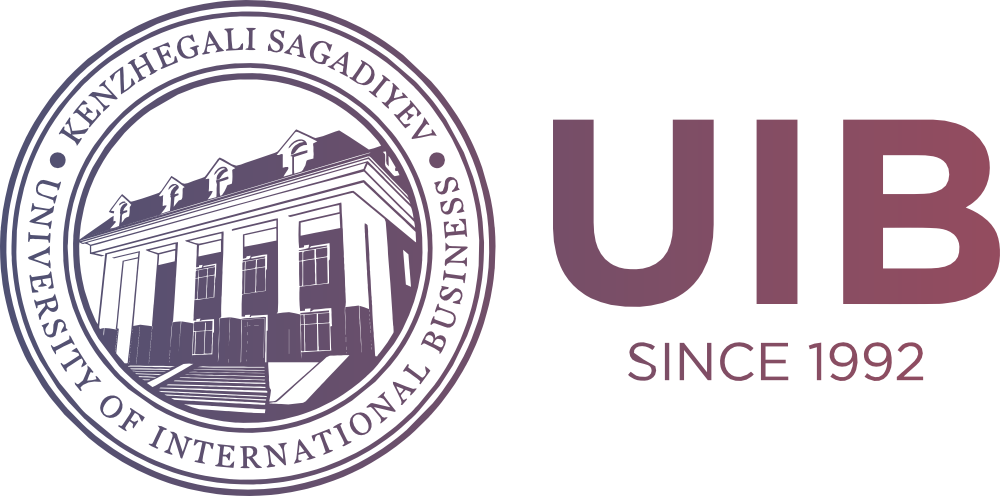Financial Intermediation and Fixed Capital Formation in Zimbabwe
DOI:
https://doi.org/10.47703/ejebs.v67i4.278Keywords:
Sustainability Covenants, Financial Covenants, Non-Financial Covenants, Economic Growth, Sustainability Performance Management, Management Control System, BusinessAbstract
Business sustainability is heavily constrained by the shortage of affordable finance of adequate duration and quality. This affects producers and traders' capacity to reorganize their production and exchange systems to attain dynamic competitiveness. Ensuring sufficient and cost-effective high-quality finance in the nation facilitates financial intermediation. The traditional method of channelling and allocating financial resources in an economy has predominantly been carried out by the banking sector. Notably, the level of intermediation had been largely lower than the expected especially during the Covid-19 era implicating as serious problem of disintermediation. This study analyses the impact of financial intermediation on capital formation in Zimbabwe using Autoregressive Distributive Lag (ARDL) model from the first quarter of 2011 to the fourth quarter of 2020. The study finds that the financial intermediation process in the country remains largely weak to enable gross fixed capital formation which facilitates business sustainability. Financial disintermediation by banks is also reducing business sustainability. Several initiatives are suggested to alleviate financial restrictions within the country. One significant proposal involves enhancing competition in the banking sector by further liberalizing it. This is aimed at reducing the cost of credit, fostering financial innovation, and promoting increased credit circulation.
Downloads
How to Cite
Downloads
Published
Issue
Section
License

This work is licensed under a Creative Commons Attribution 4.0 International License.
Authors retain copyright and grant the journal right of first publication with the work simultaneously licensed under a Creative Commons Attribution (CC-BY) 4.0 License that allows others to share the work with an acknowledgment of the work’s authorship and initial publication in this journal.



